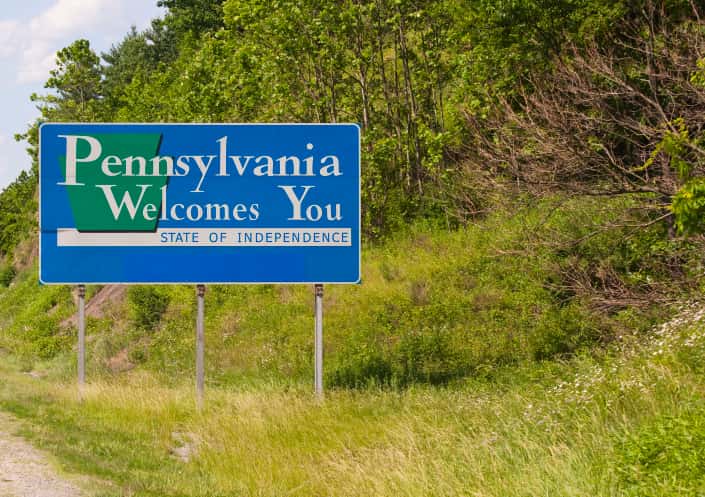Pennsylvania’s Wolf administration recently announced the opening of the seventh of 29 compressed natural gas (CNG) fueling stations planned as part of a statewide Public-Private Partnership (P3) project.
Pennsylvania Department of Transportation (PennDOT) representatives joined officials from Trillium CNG, Beaver County Transit Agency (BCTA) and local officials in Beaver County to mark the opening of the CNG station at 131 Pleasant Dr., Aliquippa, Pa.
“This P3 CNG program will make our transit agencies more efficient, saving resources and helping our environment,” Gov. Tom Wolf, D-Pa., said of the opening. “I’m pleased that with this station, we now have seven CNG stations open.”
Through the $84.5 million statewide P3 project, Trillium is designing, building, financing and will operate and maintain CNG fueling stations at 29 public transit agency sites through a 20-year P3 agreement. Other stations will be constructed over the next five years, and Trillium is also making CNG-related upgrades to existing transit maintenance facilities.
As part of the conversion in Beaver County, BCTA will convert 23 diesel buses and 28 paratransit buses to CNG. The transit agency estimates saving more than $400,000 annually based on current diesel costs and its diesel and gas usage of roughly 450,000 gallons per year.
PennDOT’s overall P3 project includes CNG fueling accessible to the public at six transit agency sites, with the option to add to sites in the future. PennDOT will receive a 15% royalty, excluding taxes, for each gallon of fuel sold to the public at public sites, which will be used to support the cost of the project.
Using the P3 procurement mechanism allows PennDOT to install the fueling stations faster than if a traditional procurement mechanism were used for each site, resulting in significant estimated capital cost savings of more than $46 million, according to the department.
When the P3 project is completed, the fueling stations will supply gas to more than 1,600 CNG buses at transit agencies across the state. To learn more about this and other P3 projects, visit P3forPA.pa.gov.






